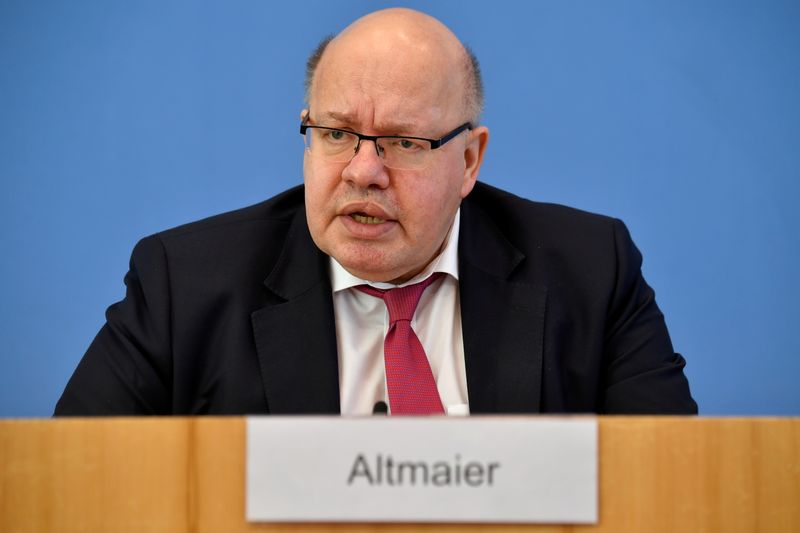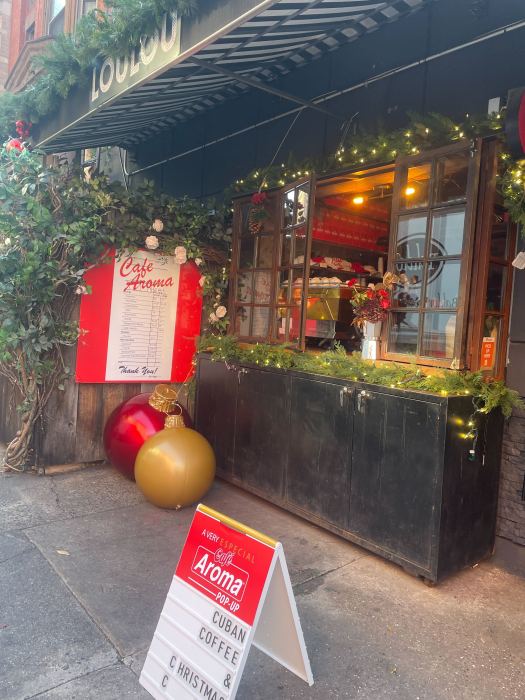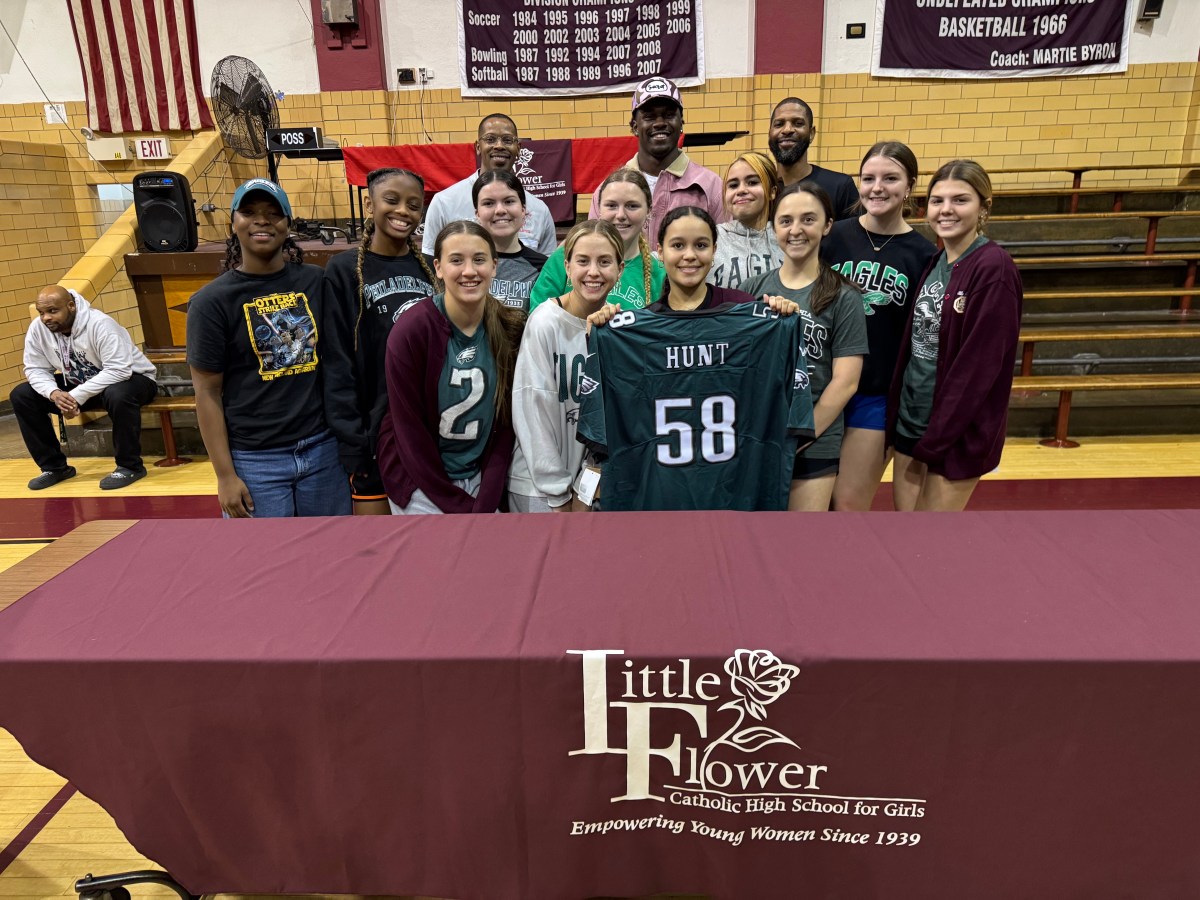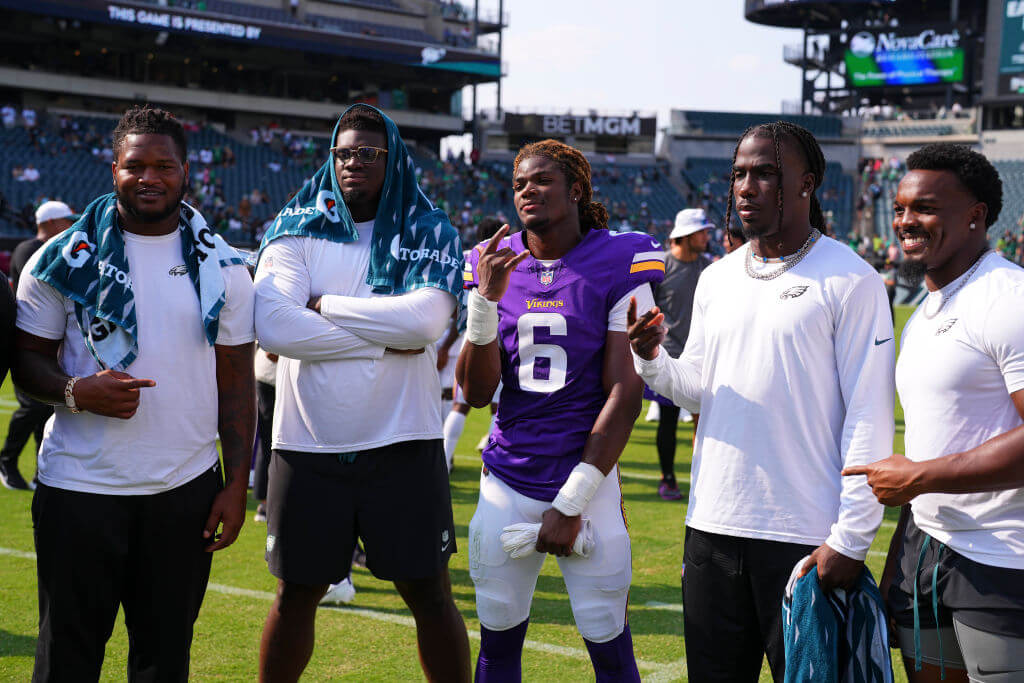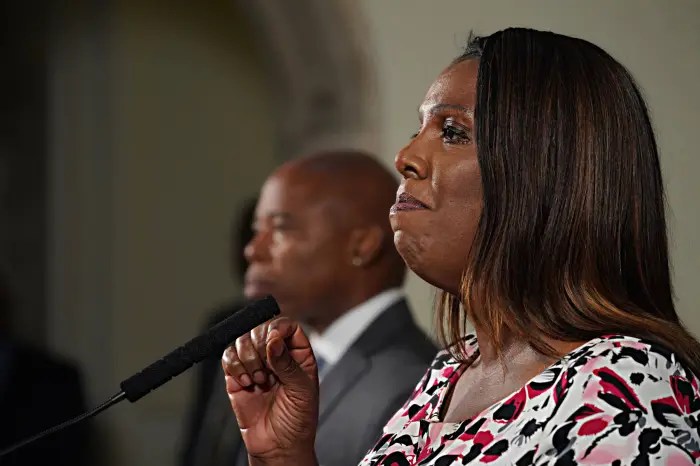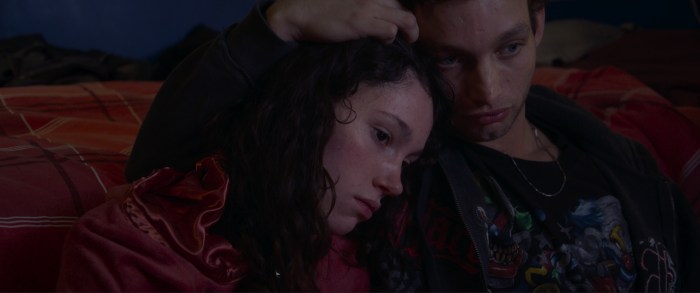By Andrea Shalal
WASHINGTON (Reuters) -The United States and the European Union could settle a dispute over U.S. tariffs on steel and aluminum by the end of the year, German Economy Minister Peter Altmaier said on Thursday, after a meeting with top U.S. trade official Katherine Tai.
Altmaier said he invited Tai to visit Berlin to continue the dialogue, and she had accepted. No date had been set, but he suggested it could happen in conjunction with a meeting of Group of Seven ministers in London in October, which both planned to attend.
The German official said trade ties were bolstered by a five-year truce reached at the U.S.-EU summit last week on the longstanding dispute over aircraft subsidies, as well as their pledge to work on resolving the metals issue.
“In the steel and alumiminum sector I think a solution can be found by the end of the year,” he said.
“That is ambitious, but I think we have a great interest in getting this done before an endless succession of elections that we have in the European Union next year,” he said, adding Chancellor Angela Merkel’s visit in July could help lay groundwork for a settlement later this year.
“We agreed that we have a window of opportunity here that we should use,” he said.
Last month, the European Commission suspended for up to six months a threatened June 1 doubling of retaliatory tariffs on Harley-Davidson motorcycles, U.S. whiskey and motorboats, a goodwill gesture aimed at prodding the Biden administration to suspend the tariffs imposed under former President Donald Trump.
Both sides agree they must address excess global steel capacity largely centered in China. Washington may find it difficult to remove metals tariffs, which are backed by many U.S. metal producers and workers.
Altmaier said shared concerns about overcapacity and a common interest in moving toward more environmentally friendly production of steel could facilitate an agreement.
Tai’s office said she emphasized the need for collaboration with Germany and the EU to address “shared concerns with China’s non-market practices, including forced labor and excess capacity.”
Altmaier said he and Tai also discussed a proposed waiver of intellectual property rights being discussed at the World Trade Organization in response to the pandemic, but stressed that Germany does not see that as the only possible solution.
(Reporting by Andrea Shalal;Editing by Chris Reese and David Gregorio)

